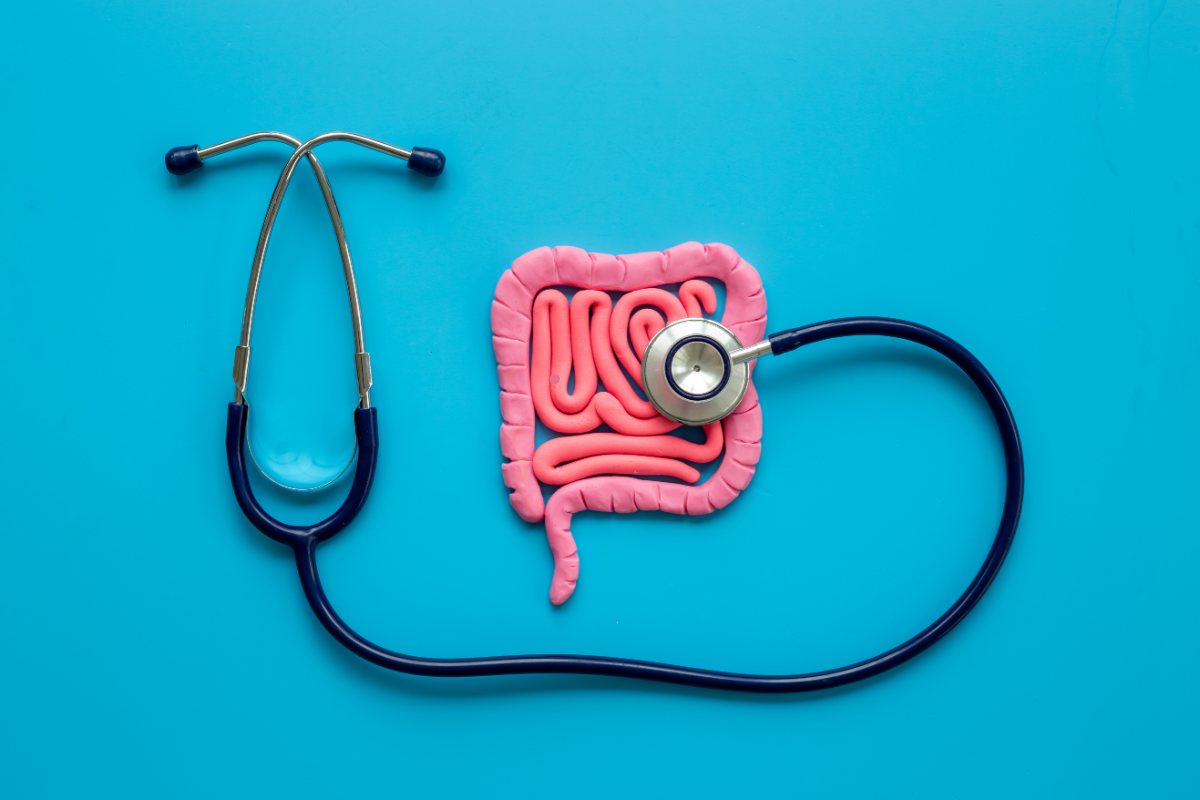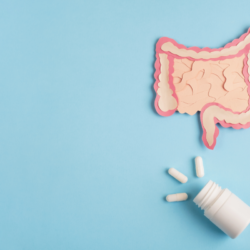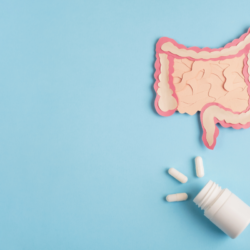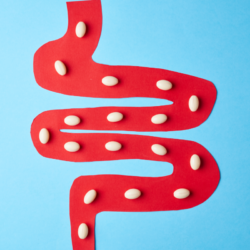The intestinal flora, also known as the microbiota, plays a crucial role in our digestive and overall health. After taking antibiotics, it is essential to take steps to restore the balance of this flora, which is often disturbed by these drugs. This article explores effective strategies for reconstituting intestinal flora and maintaining good health.
Understanding the impact of antibiotics on the intestinal flora
Antibiotics are essential drugs for treating bacterial infections. They work by eliminating or inhibiting the growth of the pathogenic bacteria responsible for these infections. However, their action is not selective and can also affect the intestinal microbiota, made up of billions of beneficial micro-organisms.
When an antibiotic is administered, it targets not only the bacteria responsible for the infection, but also the good bacteria that populate our intestine. This disruption can lead to a significant reduction in bacterial diversity. For example, a broad-spectrum antibiotic, designed to combat a wide range of bacteria, can eliminate up to 80% of the good bacteria. This drastic reduction in beneficial bacteria creates an imbalance in the microbiota, also known as dysbiosis.
Antibiotics = Danger for our intestines?
An imbalance in the microbiota can have harmful consequences for intestinal and overall health. When good bacteria are eliminated, they leave a gap that harmful bacteria can exploit. For example, the bacterium Clostridioides difficile(C. difficile) can proliferate in the absence of competition from good bacteria. This overgrowth of C. difficile can lead to serious infections, such as pseudomembranous colitis, a severe inflammation of the colon that can be potentially fatal.
In addition to the immediate effects, antibiotics can have long-term impacts on the intestinal microbiota. Full recovery of the microbiota can take several weeks or even months. Studies have shown that some people may never regain their initial balance, which can increase their susceptibility to other infections and digestive disorders in the long term.
It is crucial to use antibiotics only when absolutely necessary and to follow medical prescriptions precisely. Overuse and inappropriate use of antibiotics can not only lead to bacterial resistance, but can also cause lasting damage to our intestinal microbiota. It is advisable to discuss possible alternatives with your doctor and the measures to be taken to minimise the impact on your intestinal flora.
Signs and symptoms of intestinal imbalance
An imbalance in the intestinal microbiota can manifest itself through various symptoms:
- Diarrhoea: A common side effect after a course of antibiotics.
- Bloating and abdominal pain: Signs of intestinal disturbance.
- Reduced immunity: An unbalanced microbiota can weaken the immune system, increasing the risk of infections.
How can intestinal flora be reconstituted?
| Strategy | Description |
|---|---|
| Use of probiotics | Probiotics can play a key role in reconstituting the microbiota. One particularly effective probiotic is Saccharomyces boulardii, which is recommended for preventing antibiotic-associated diarrhoea and C. difficile infections. Studies show that this probiotic strain can reduce the risk of diarrhoea by 60%. |
| Consumption of fermented foods | Fermented foods are a natural source of probiotics. Foods such as kefir, kimchi and kombucha contain a variety of beneficial micro-organisms. Compared with probiotics in capsules, these foods offer a greater variety of beneficial bacteria, helping to rebalance the microbiota more effectively. |
| Increased fibre intake | Dietary fibre is essential for nourishing the good bacteria in the intestine. A diet rich in fibre can help reduce intestinal inflammation and encourage the growth of good bacteria. Sources of fibre include vegetables, fruit and whole grains. |
How can we support intestinal health?
Reducing ultra-processed foods is a crucial step in maintaining a healthy microbiota. These foods can encourage the growth of bad bacteria, upsetting the intestinal balance. By limiting their consumption, we can protect the good bacteria and maintain intestinal health.
A diet rich in fibre and varied in plants is also essential. Fibre supports bacterial diversity, promoting a balanced microbiota. Vegetables, fruit and whole grains are important sources of prebiotic fibre, which nourishes good bacteria and helps to reduce intestinal inflammation.
Sleep and exercise also play a significant role in the health of the microbiota. Good sleep helps to restore the microbiota, while regular physical activity stimulates the growth of good bacteria. These two factors contribute to maintaining a healthy intestinal environment.
Intermittent fasting can give the digestive system a much-needed rest, allowing bacteria to regenerate more effectively. A period of 14 to 16 hours without food can be beneficial for the intestinal flora, encouraging the restoration of good bacteria.
Sources
- Saccharomyces boulardii CNCM I-745 supplementation during and after antibiotic treatment positively influences the bacterial gut microbiota





